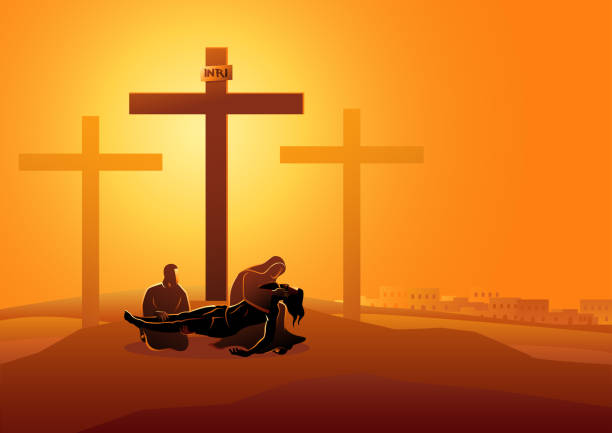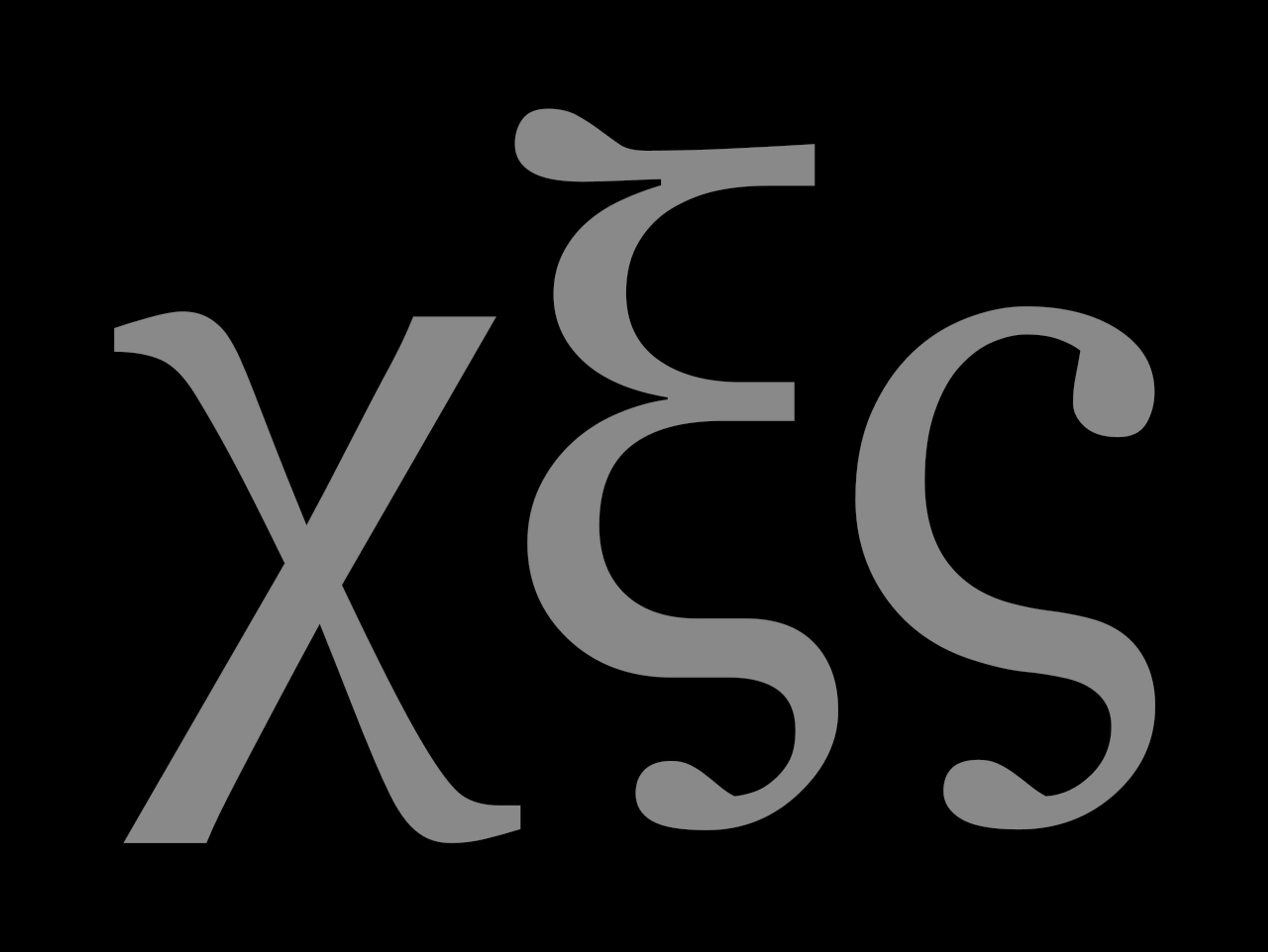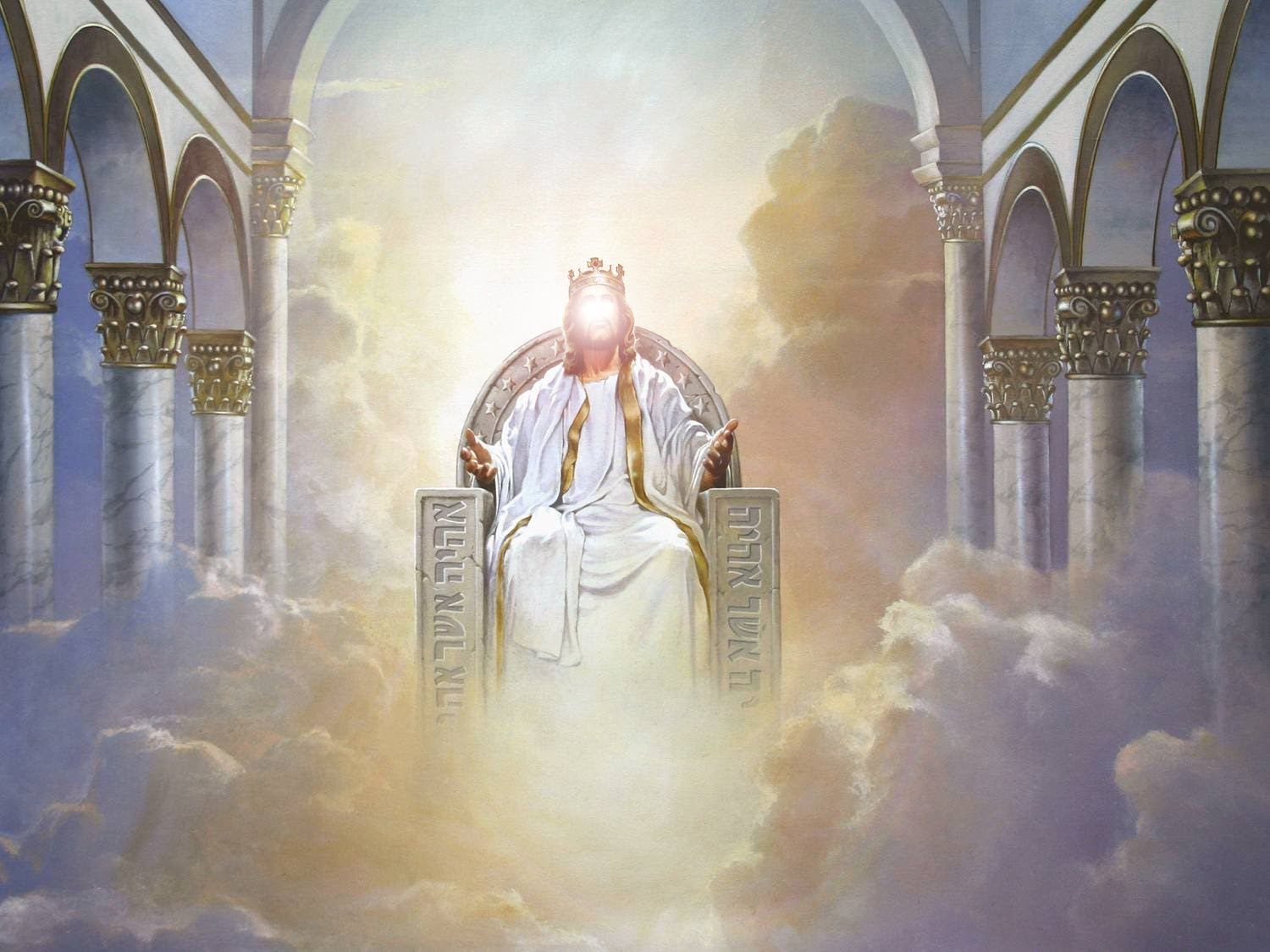The Triumph That Looked Like Defeat: Why the Devil Misjudged Calvary
The cross of Jesus Christ stands at the very center of human history. To the world, it appeared to be the darkest day ever recorded, a day when evil triumphed, when the Son of God was crucified in weakness, and when His followers scattered in despair. Yet what looked like defeat was in fact the greatest victory ever accomplished. The devil, who thought he had destroyed the promised Messiah, was instead defeated by the very act he orchestrated. Calvary was not a loss but the turning point of eternity, where sin, death, and hell were conquered once and for all.
The Deception of the Enemy
From the beginning, Satan’s purpose has been to destroy God’s redemptive plan. In Genesis 3:15, God teaches that the seed of the woman would bruise the serpent’s head, while the serpent would bruise His heel. This prophecy foretold both Christ’s suffering and His ultimate triumph. When Jesus was born in Bethlehem, Satan sought to destroy Him through Herod’s massacre of infants (Matthew 2:16). When that failed, he tempted Christ in the wilderness (Matthew 4:1–11), attempting to turn Him away from the path of obedience.
Every attack of Satan failed because he did not understand God’s mystery of redemption. The devil believed that if Jesus died, the plan of salvation would end. What he could not see was that God had ordained the cross as the very means by which victory would be won. The apostle Paul revealed this hidden wisdom, saying, “Which none of the princes of this world knew: for had they known it, they would not have crucified the Lord of glory” (1 Corinthians 2:8).
At Calvary, Satan thought he had gained control, but he had merely played into the hands of divine sovereignty.
The Darkness That Hid the Light
As Jesus hung upon the cross, the heavens grew dark. For three hours, from noon until three, an unnatural darkness covered the land (Matthew 27:45). To those who stood by, this seemed like a sign of God’s abandonment. The disciples mourned, the enemies rejoiced, and the devil likely celebrated what appeared to be the collapse of the Kingdom of God.
But that darkness was not a sign of defeat, it was the veil that hid a divine transaction. In that moment, Jesus bore the full weight of human sin. Isaiah 53:5 declares, “He was wounded for our transgressions, he was bruised for our iniquities.” The wrath of God was poured upon Him so that sinners could be reconciled to God. The apparent weakness of Christ on the cross was the power of God at work.
The victory was being forged in silence, as the Son of God satisfied divine justice and broke the curse that held humanity captive.
The Cross as Heaven’s Strategy
To human eyes, victory requires strength, armies, and visible power. Yet God’s wisdom turns human understanding upside down. The cross looked like humiliation, but it was heaven’s strategy for redemption. In Colossians 2:15, Paul writes, “Having spoiled principalities and powers, he made a shew of them openly, triumphing over them in it.” Through the cross, Christ disarmed the powers of darkness, exposing their defeat.
The nails that pierced His hands did not hold Him to the cross, His love did. Every drop of blood that flowed was the price of freedom for the souls of men. Satan’s weapons of sin, guilt, and death were broken. The very moment he believed he had silenced the Son of God, the Lamb of God was securing eternal life for all who would believe.
When Jesus cried, “It is finished” (John 19:30), it was not a cry of surrender but a declaration of victory. The debt of sin was paid in full. The law was satisfied, and the enemy’s power was crushed beneath the heel of the Redeemer.
The Resurrection That Exposed the Lie
The true extent of the devil’s misjudgment was revealed three days later when the stone rolled away from the tomb. Death could not hold the Author of life. Acts 2:24 proclaims, “Whom God hath raised up, having loosed the pains of death: because it was not possible that he should be holden of it.”
The resurrection was the public announcement of Satan’s defeat. What began as apparent tragedy became the eternal triumph of the Son of God. Christ rose with all authority in heaven and earth, holding the keys of death and hell (Revelation 1:18). The devil’s supposed victory was turned into his greatest humiliation. The cross, once a symbol of shame, became the emblem of glory and hope.
In that single act, God revealed that His wisdom far surpasses the cunning of the enemy. The same blood that seemed to seal Christ’s end became the blood that redeems countless souls.
The Ongoing Victory of the Believer
The triumph of Calvary was not only for Christ but also for all who belong to Him. The power that raised Jesus from the dead now works within every believer (Ephesians 1:19–20). Through His death and resurrection, we are freed from the bondage of sin and the fear of death.
Satan continues to fight, but his power is broken. Revelation 12:11 declares, “And they overcame him by the blood of the Lamb, and by the word of their testimony.” The believer’s authority rests not in personal strength, but in the finished work of Christ. Every time a sinner repents, every time faith triumphs over fear, and every time the gospel is proclaimed, the victory of Calvary is extended into the world.
The devil’s defeat is final, though its full display awaits the return of Christ, when the enemy will be cast into the lake of fire forever (Revelation 20:10).
The Paradox of Divine Victory
The cross teaches us that God often triumphs through what seems like loss. The world looks for victory through pride, wealth, and power, but God works through humility, suffering, and surrender. Calvary reveals that true victory is not found in escaping pain but in fulfilling the purpose of God even through it.
To the natural mind, Christ’s crucifixion was the end of hope. To the spiritual mind, it was the fulfillment of all hope. The devil misjudged Calvary because he measured power by appearance, not by obedience. Jesus conquered not by resisting death but by embracing it in submission to the Father’s will. Philippians 2:8–9 says, “He humbled himself, and became obedient unto death, even the death of the cross. Wherefore God also hath highly exalted him.”
The cross, therefore, stands as the everlasting reminder that God’s ways are higher than man’s and that no scheme of the enemy can overturn the purposes of God.
At Calvary, heaven and hell met in fierce conflict, but the outcome was never in doubt. The devil’s apparent victory only fulfilled God’s eternal plan of redemption. What looked like defeat became the triumph of love over hate, grace over sin, and life over death.
Every believer can now stand in that victory, proclaiming with Paul, “Thanks be to God, which giveth us the victory through our Lord Jesus Christ” (1 Corinthians 15:57). The devil misjudged Calvary because he did not understand the wisdom of divine love. The cross was not the end, but the beginning of everlasting hope.
The triumph that looked like defeat remains the greatest paradox of all time: through death came life, through weakness came strength, and through the cross came the crown.






No comments yet. Be the first to share your thoughts!